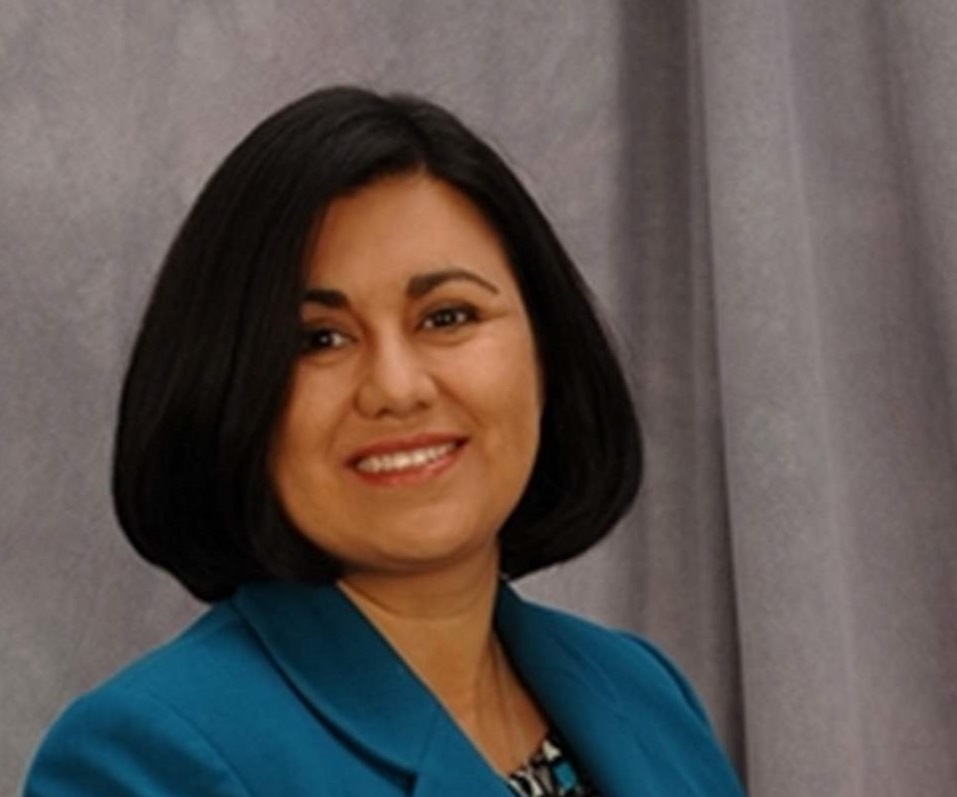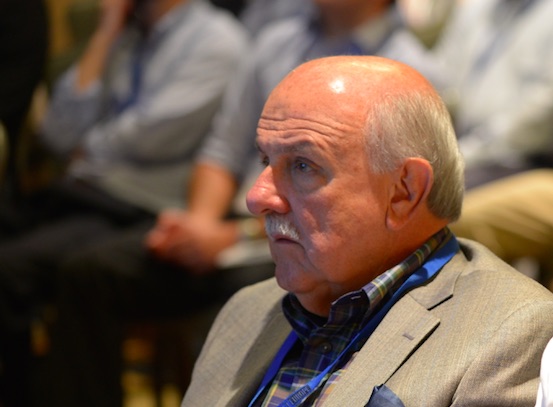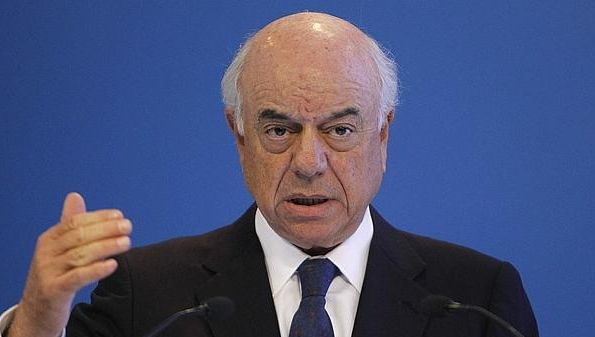Great Britain and the Franco-German Axis make up the Bulk of European Equity Strategy at Investec
| For Fórmate a Fondo | 0 Comentarios

Ken Hsia, manager of European Equity Strategy at Investec recently visited Miami. His strategy invests in companies listed on the European stock exchanges, including the UK, as well as in those that, while trading in other markets, carry out most of their operations on the continent.
It is precisely the British market which Hsia mostly favors, concentrating more than one third of the positions of the strategy which he manages. France, Switzerland, Germany, and Norway, complete the group of the five markets which he perceives most positive, whilst Spain is in sixth position. This strategy has a class which hedges all currencies in the portfolio – not only the Euro – ,ensuring a real exposure to the behavior of the underlying companies.
“Overall, there have been very few changes since November, but there has been a recovery of corporate earnings, often due to a reduction in costs through corporate reforms,” says the manager. “In the past nine months, both the Euro, in respect to the dollar, as well as oil prices, since June, have weakened, favoring a continent which, on the one hand, is almost twice as sensitive as the United States to exports, because much of its production is exported all over the world, and, on the other hand, is a net consumer of oil, which, with the low prices, the value is transferred from the producers to the consumers. Eight of the 10 Star ideas have exposure to Europe, “he says.
Hsia supports his positive view of the consumer, industrial, and technological sectors stating that “money is in the hands of consumers.” According to him, the relative value of European markets to the United States is unbalanced downward. “The European stock market is still down and there is a 45% gap between the European and US stock markets, which has to close,” he adds. “Indeed, my job is to find companies that have less than 10x EPS, with further growth in profits,” he says.
The average tenure of companies in the portfolio is two years, “despite market speculation, I have not had to change my portfolio more than normally,” says Hsia. It is an actively managed fund which concentrates its positions on three ideas: global winners, the assets with European exposure but which benefit from reduced competition, and a third group in sectors which are in question, but which are beginning to turnaround.
Among the first, which from about a year ago, account for between 50% and 60% of the portfolio, are Bayer, Novartis or Teleperfomance. The weight of shares of companies in the second group, TUI, DS Smith or Dixons Carphone, is growing as a result of improved profits, which are based on achieving better contracts due to reduced competition. A couple of examples: in TUI’s case, it’s margin has risen from 4% to 6% by negotiating major global contracts, and benefits are expected to grow in the coming years, resulting in a positive impact on the distribution of dividends; and with regard to Dixons Carphone, it will clearly benefit from the disappearance of its biggest competitor because the private equity which bought it out loaded it with debt.
The third group, the one in sectors in question, is composed of companies which, within the telecom and utilities sectors, for example, are expected to perform better than their competitors, and in the future become part of one of the other two groups. This could be the case withEndesa, which will benefit from the sale of its Latin American operations, with greater exposure to the Spanish recovery and therefore higher dividends predicted.
By sector, the manager is positive in discretionary consumer and technology (software and hardware) and negative in utilities and energy, as the fall in energy prices will decrease the sector’s corporate profits, and especially in banks, due to the efficiency problems they suffer. “There are not many cheap banks according to their results. In the UK, banks which are too-big-to-fail are being penalized. It currently makes no sense to have large banks,” although he admits havingKBC (Belgium) and ING (Netherlands).









